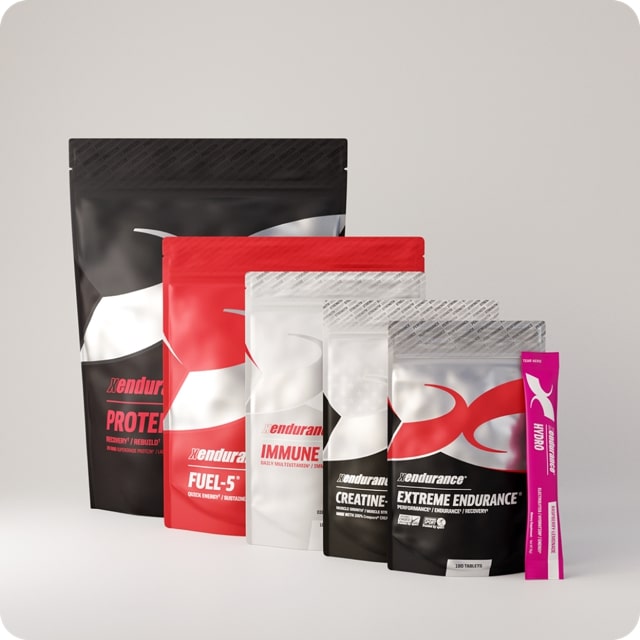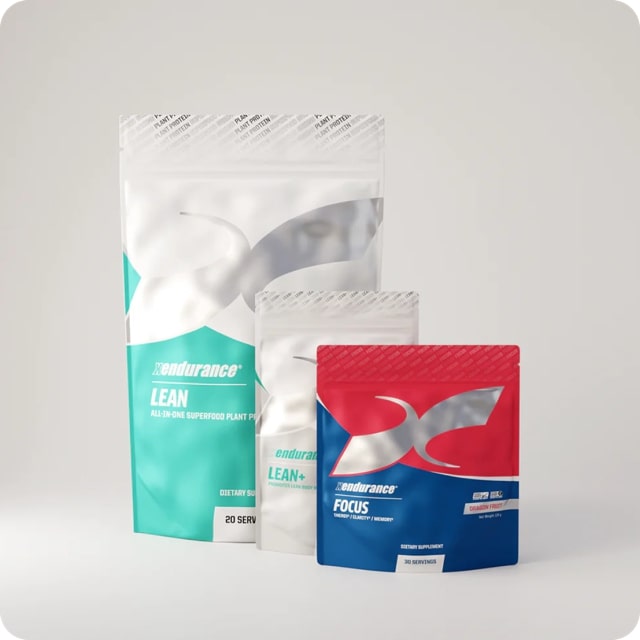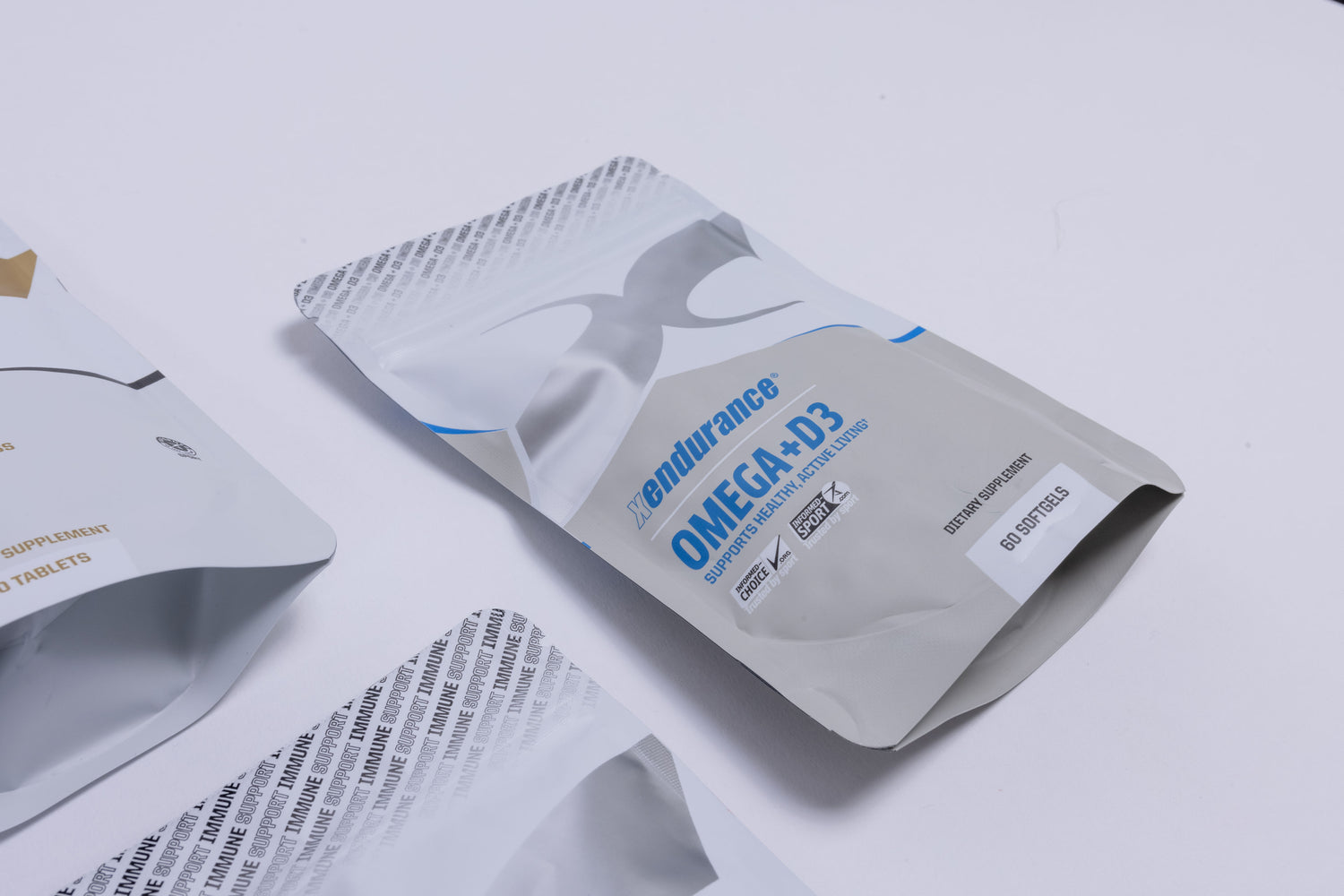More than half the population is nutrient deficient in vitamin D - and are unaware of the consequences.
Why is it important to determine your vitamin D levels?
Vitamin D is a powerful supplement that can reduce the effects of colds and flu and is essential for optimal health. Vitamin D has been linked to autoimmune diseases, high blood pressure, depression and diabetes to name just a few. And now along comes COVID which has put vitamin D square in the spotlight for prevention. Did that get your attention?
Creighton University School of Medicine put out this statement less than a year ago.
Research shows low vitamin D levels almost certainly promote COVID-19 infections, hospitalizations, and deaths. Given its safety, we call for immediate widespread increased vitamin D intakes.
Per their report, Creighton says that vitamin D modulates thousands of genes and many aspects of immune function, both innate and adaptive. The scientific evidence(1) shows that:
- Higher vitamin D blood levels are associated with lower rates of SARS-CoV-2 infection.
- Higher D levels are associated with lower risk of a severe case (hospitalization, ICU, or death).
- Intervention studies (including RCTs) indicate that vitamin D can be a very effective treatment.
- Many papers reveal several biological mechanisms by which vitamin D influences COVID-19.
Evidence to date suggests the possibility that the COVID-19 pandemic sustains itself in large part through infection of those with low vitamin D, and that deaths are concentrated largely in those with deficiency. The mere possibility that this is so should compel urgent gathering of more vitamin D data. Even without more data, the preponderance of evidence indicates that increased vitamin D would help reduce infections, hospitalizations, ICU admissions, & deaths.
How Much Vitamin D Do We Need To Stay Healthy?
Decades of research on safety and efficacy has provided ample evidence on the importance of vitamin D for overall wellness. This information has also changed the way experts view dosage. But how much do we need per day to reap the benefits?
It's interesting to me, because for years, we taught that people should never consume above 800 IU's for fear of toxicity - calcium deposits in soft tissues, etc, etc. This is before so much was known about Vitamin D.
Lori Anonsen, M.S. R.D. EP-C
Professor & Nutrition and Dietetics Program Director at PVCC
The government agreed upon 200 to 600 IU of vitamin D a day. This amount of vitamin D prevent rickets, a disease caused by vitamin D deficiency. However, over the years all the research has shown we need A LOT more to help with so many aspects of our health.
The Creighton report recommends that adults take 4000 IU (100mcg) daily.
They also state that many factors are known to predispose individuals to higher risk from exposure to SARS-CoV-2, such as age, being male, comorbidities, etc., but inadequate vitamin D is by far the most easily and quickly modifiable risk factor with abundant evidence to support a large effect.
How To Determine Your Vitamin D Levels
Consult your doctor. There is test called the 25-hydroxy vitamin D blood test that measures whether or not your levels are considered adequate for your medical history. We also recommend sharing the report below.
Over 100 Scientists, Doctors, & Leading Authorities Call For Increased Vitamin D Use To Combat COVID-19.
1 The evidence was comprehensively reviewed (188 papers) through mid-June [Benskin ‘20] & more recent publications are increasingly compelling [Merzon et al ‘20; Kaufman et al ‘20; Castillo et al ‘20]. (See also [Jungreis & Kellis ‘20] for deeper analysis of Castillo et al’s RCT results.)
https://www.uchicagomedicine.org/forefront/coronavirus-disease-covid-19/vitamin-d-covid-study











Leave a comment
This site is protected by reCAPTCHA and the Google Privacy Policy and Terms of Service apply.